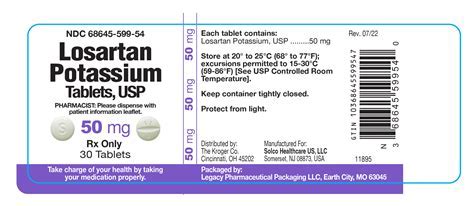Intro
Learn about normal potassium levels, their importance, and how to maintain healthy potassium balance, preventing hypokalemia and hyperkalemia, through diet and lifestyle adjustments.
Maintaining normal potassium levels is crucial for the proper functioning of the body. Potassium is an essential mineral that plays a significant role in various bodily functions, including muscle contraction, nerve function, and heart health. It helps regulate fluid balance, blood pressure, and supports the overall well-being of an individual. Abnormal potassium levels can lead to various health issues, making it essential to understand the importance of maintaining normal potassium levels.
Potassium is an electrolyte that helps conduct electrical impulses in the body, allowing cells to communicate with each other. It works in conjunction with other electrolytes, such as sodium, calcium, and magnesium, to maintain the delicate balance of fluids within the body. The balance of these electrolytes is critical, as it affects the proper functioning of muscles, nerves, and organs. When potassium levels are within the normal range, the body functions optimally, and the risk of developing health problems is reduced.
The normal range for potassium levels in the blood is typically between 3.5 and 5.0 milliequivalents per liter (mEq/L). However, this range may vary slightly depending on the laboratory or testing method used. It is essential to consult with a healthcare professional to determine the ideal potassium level for a specific individual. Factors such as age, sex, and overall health can influence potassium levels, making it crucial to monitor and maintain normal levels to prevent potential health complications.
Importance of Potassium

Benefits of Potassium
The benefits of potassium are numerous, and maintaining normal levels can have a significant impact on overall health. Some of the benefits of potassium include: * Regulating fluid balance and blood pressure * Supporting muscle function and contraction * Maintaining healthy bones, teeth, and hair * Reducing the risk of cardiovascular diseases * Supporting nerve function and communicationCauses of Abnormal Potassium Levels

Symptoms of Abnormal Potassium Levels
The symptoms of abnormal potassium levels can vary depending on the severity and underlying cause of the imbalance. Some common symptoms include: * Muscle weakness or cramps * Fatigue or lethargy * Palpitations or irregular heartbeat * Numbness or tingling sensations * Abnormal heart rhythms or arrhythmiasDietary Sources of Potassium

Tips for Maintaining Normal Potassium Levels
Maintaining normal potassium levels requires a balanced diet and a healthy lifestyle. Some tips for maintaining normal potassium levels include: * Eating a variety of potassium-rich foods * Limiting the use of diuretics or other medications * Staying hydrated and maintaining a healthy fluid balance * Managing stress and getting regular exercise * Monitoring potassium levels regularly, especially for individuals with underlying medical conditionsHealth Risks Associated with Abnormal Potassium Levels

Diagnosis and Treatment of Abnormal Potassium Levels
Diagnosing abnormal potassium levels typically involves a blood test to measure potassium levels in the blood. Treatment depends on the underlying cause and severity of the imbalance. Some common treatments include: * Dietary changes to increase potassium intake * Medications to regulate potassium levels or manage underlying conditions * Hormone replacement therapy to address hormonal imbalances * Dialysis or other treatments for kidney disease or failureConclusion and Final Thoughts

We invite you to share your thoughts and experiences with maintaining normal potassium levels. Have you or a loved one experienced health complications due to abnormal potassium levels? What dietary changes or treatments have you found effective in managing potassium levels? Share your comments and questions below, and let's work together to promote healthy living and well-being.
What are the normal potassium levels in the blood?
+Normal potassium levels in the blood typically range from 3.5 to 5.0 milliequivalents per liter (mEq/L).
What are the symptoms of abnormal potassium levels?
+Symptoms of abnormal potassium levels can include muscle weakness, fatigue, palpitations, numbness, or tingling sensations, and abnormal heart rhythms.
How can I maintain normal potassium levels through diet?
+Maintaining normal potassium levels through diet can be achieved by eating a variety of potassium-rich foods, such as leafy green vegetables, fruits, nuts, and whole grains.
